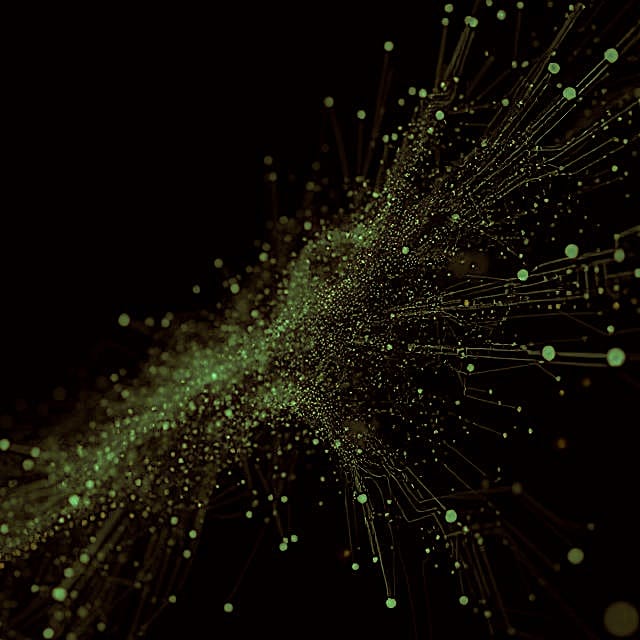The Future of Work: Will AI Replace or Empower Us?

As artificial intelligence (AI) continues to evolve in 2025, the question on everyone’s mind is no longer “Is AI coming for our jobs?”—but rather, “How will AI change what we do, and how we do it?”
At Teknete, we believe the future of work isn’t about man versus machine—but about man plus machine. In this post, we explore how AI is reshaping the workplace, redefining roles, and creating opportunities for those ready to adapt.
Will AI Replace Jobs? Yes—Some of Them.
It’s true: AI is automating certain job functions, especially those that are repetitive, rule-based, and data-heavy.
Jobs at risk include:
- Data entry and processing
- Basic customer support roles
- Routine administrative tasks
- Manual quality assurance
But while some roles are disappearing, many more are being transformed or created—often with higher value and greater impact.
The Rise of AI-Augmented Roles
Instead of replacing humans, AI is becoming a powerful co-pilot—helping people do their jobs better, faster, and more creatively.
Emerging roles include:
- AI Trainers & Data Annotators: Teaching machines how to understand human inputs
- Prompt Engineers: Designing effective prompts for AI systems
- AI-augmented creatives: Using tools like generative AI to enhance design, content, and storytelling
- Decision Scientists: Interpreting AI-driven insights for business impact
Example:
A marketing manager using AI to instantly generate customer segments, optimize ad copy, and test campaigns—freeing up time for creative strategy.
Skills for the AI-Powered Workforce
To stay competitive, companies and professionals need to evolve. The most in-demand skills in 2025 are a mix of tech fluency and uniquely human traits:
- AI literacy and prompt engineering
- Data analysis and critical thinking
- Creativity and problem-solving
- Emotional intelligence and leadership
- Adaptability and lifelong learning
Upskilling is no longer optional. It’s a continuous process that companies must support through training, mentoring, and open learning cultures.
The AI-Enhanced Workplace
AI is also reshaping how workplaces operate—making them more efficient, adaptive, and employee-centric.
What we’re seeing in 2025:
- Smart scheduling and workflow tools reduce burnout
- AI-driven HR systems improve hiring, retention, and diversity
- Virtual AI assistants help manage meetings, tasks, and follow-ups
- Remote teams collaborate with real-time AI translation and transcription tools
Example:
A multinational team uses AI-powered tools to instantly translate messages, assign tasks, and track deadlines—breaking down communication barriers.
Balance, Ethics, and Human Oversight
As we integrate AI deeper into the workplace, ethical considerations grow more important:
- Transparency: How are AI decisions made?
- Bias: Are we training AI on inclusive data?
- Privacy: Is employee and customer data protected?
- Accountability: Who is responsible when AI gets it wrong?
Humans must remain in the loop—especially in areas involving judgment, empathy, and values.
How Businesses Can Adapt
To thrive in the AI era, businesses should:
- Assess which roles can be augmented by AI
- Invest in reskilling and continuous learning
- Prioritize ethical and transparent AI adoption
- Foster human-AI collaboration instead of replacement
- Use AI to empower—not just reduce—headcount
How Teknete Helps Future-Proof Your Workforce
At Teknete, we help organizations prepare for the future of work by:
✅ Designing AI systems that enhance (not replace) teams
✅ Training staff to work effectively with AI tools
✅ Building ethical, responsible AI frameworks
✅ Creating scalable automation with a human-centered approach
📩 Let’s build an empowered, AI-ready workforce. Contact us at hello@teknete.com or visit teknete.com
